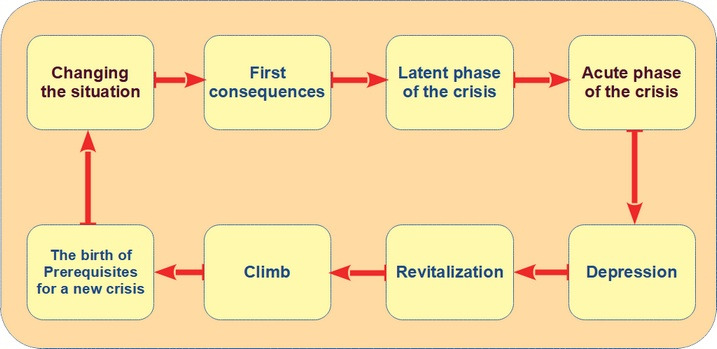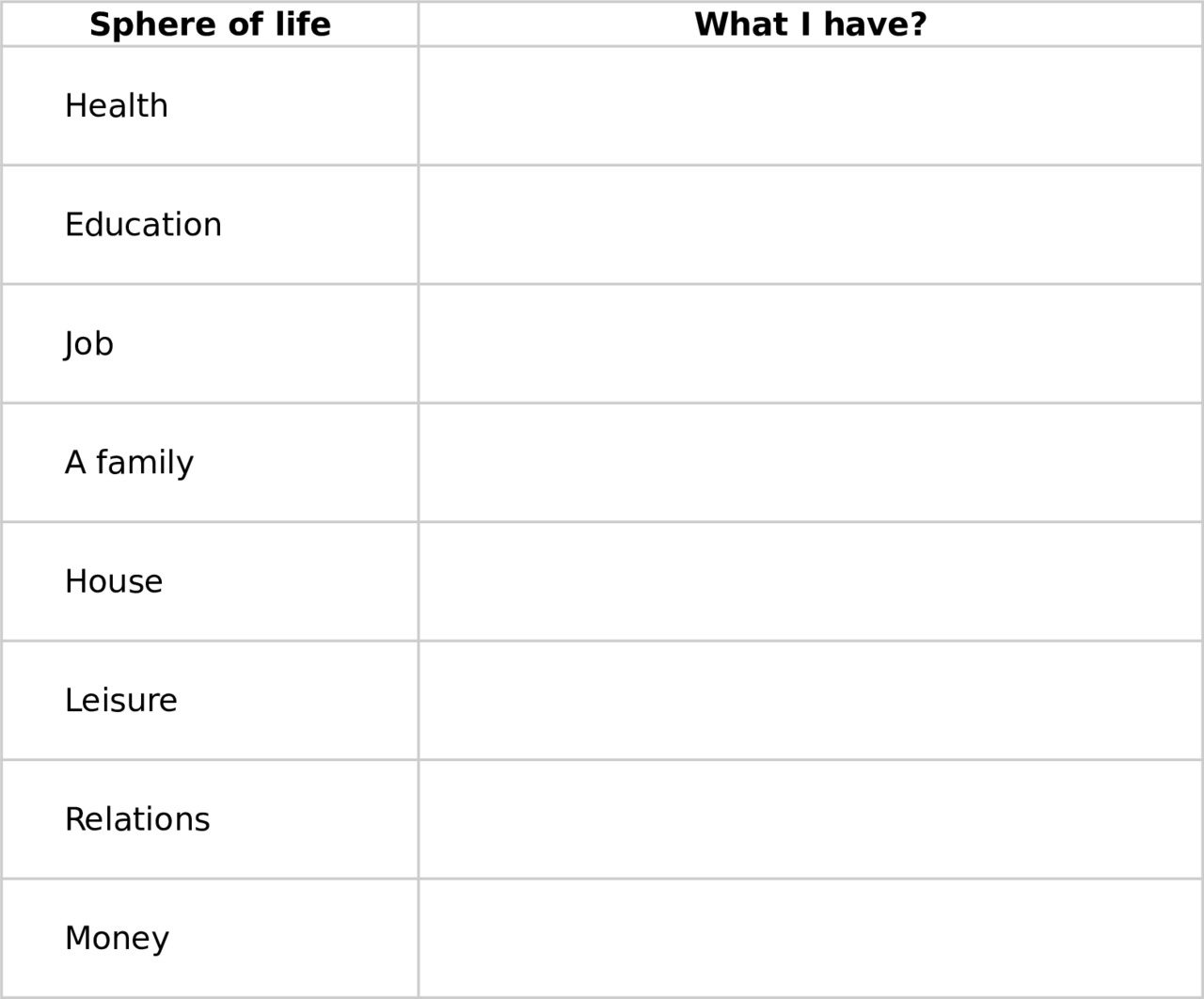
Бесплатный фрагмент - Financial anti-crisis
Your individual anti-crisis strategy
Introduction
It’s no secret that crises periodically shake the economy. From time to time, the world plunges into another crisis, panic occurs in the market at this moment, currency rates start to jump, people lose money… This is normal. A crisis is normal. The main thing is not to lose your head and get out of the crisis without losses or even with a small plus.
There are two models of human behavior during a crisis :
1. Start to panic, fuss, try to fix something, try to do what you didn’t manage to do in time and… become even poorer.
2. To preserve the resource state, no matter what chaos is happening around, calmly reconsider your attitude to life, grow a little and… get out of the crisis richer than before.
The first pattern of behavior is typical for 98% of people. The second model is the behavior model of the richest and most successful people. Those very notorious 2% who determine the fate of this world.
Do you want to understand how 2% of the richest and most successful people act in a crisis? Read on for more details.
P.S. Initially, the book was written in Russian and only after that it was translated into English. Due to the specific differences between Russian and English, the author could allow minor inaccuracies in the translation. Do not judge strictly, for the English language for the author is not native. If possible, treat indulgently with possible mistakes and wrong words in the text. Remember that only those who do nothing do not make mistakes! Try to understand the essence of what the author wanted to say. Then you will get the most benefit from reading this book.
Chapter 1. The nature of the crisis
The world is in crisis — you are in a panic! Everyone is in a panic — the world is in crisis! Does it remind you of anything?
We all regularly find ourselves in a deep ass, which can be very difficult to get out of. Because it’s scary to stick your head out and figure out what’s going on. Here’s what happens:
Life is arranged in such a way that crises are normal. They happen regularly both in the global economy and in the personal life of each individual person, and they just need to be able to wait out. Calmly and without nerves. A crisis happened and happened — we will break through! Not the first time in the ass!
Any crisis (even economic, even organizational, even intrapersonal, even interpersonal) is a cyclical thing and develops according to the same algorithm :
1) some imperceptible change in the situation (new law, new monetary policy, new discovery, new virus, etc.)
2) the onset of the consequences of a change in the situation (the departure of entrepreneurs into the shadows, a change in the ratio of supply and demand in the market, a reduction in production, the release of the virus from the laboratory, etc.)
3) the latent phase of the crisis (rising unemployment, falling stock prices, disruption of existing production ties, the first infected with a new virus, etc.)
4) the acute phase of the crisis (market decline, default, war, epidemic, etc.)
5) post-crisis depression (sluggishness of trade, stagnation in production, etc.)
6) revival (growth in share prices, production growth, income growth, price increases, etc. to pre-crisis levels)
7) rise (growth in the value of shares, production growth, income growth, price growth, etc. higher than it was before the pre-crisis level)
8) the birth of prerequisites for a new crisis
9) some new imperceptible change in the situation (new law, new monetary policy, new discovery, new virus, etc.)
And then all over again!

The crisis is inevitable! But you can get out of the crisis with losses, or you can learn to get out of it with benefits for yourself! What is needed for this? Stop shifting responsibility to others (the state, officials, bosses, neighbors, children, parents, etc.) and understand that there are four possible ways out of any crisis, and only you yourself choose which one to use:
1) controlled fall
2) uncontrollable drift
3) uncontrollable skid
4) managed growth
Controlled fall. Your reaction: " Oh shit! It’s enough! I’m leaving! I’m breaking off relations! I will never again (build a business, get married, buy shares, make deals, etc.)! It’s not mine at all! "Do you recognize yourself? This is how most people react to any difficulties. It didn’t work to build a happy family life — to hell with it! I pulled a tendon during training — Oh shit! I won’t go to training anymore. This is a controlled fall, when you deliberately deprive yourself of the opportunity to grow up and just give up what you were doing (which, by the way, quickly becomes a habit and becomes your habitual strategy of behavior!).
Uncontrollable drift. Your reaction: " How tired it all! Come what may! I will not decide anything else! Let everything flow as it flows! I do not want to change anything! Let someone else decide everything (government, boss, neighbor, etc.)!“ And I will sit and see what the result will be! „Do you recognize yourself? A very popular but not very productive strategy for overcoming the crisis.
Uncontrollable skid. Your reaction: " Oh, so! I tried, did something, and you are with me like this? Then get it, creatures! "And do the opposite, in spite of everyone around. And though the grass does not grow! Do you recognize yourself? This is also a very popular but very unproductive strategy for overcoming the crisis.
Managed growth. Your reaction: " What is happening to me? What do I want? What can I? How can I change what does not suit me? Where can I go? Why do I need it? What is the lesson, what benefit, what benefit can I derive from the existing situation? "Pay attention, when you go out into growth, you ask yourself questions, and do not look to blame. What difference does it make who is to blame? The main thing is to understand what to do with it and how to get out of it! This is a very unpopular strategy for overcoming the crisis, characteristic of only 2% of people. But you can also apply this strategy during a crisis and it turns out to be a plus even when everyone else is losing and losing the most important thing under the same conditions.
Chapter 2. Diagnosing Your Current Situation
1. Analysis of what you have
Understand to begin with what you have now. It may turn out that you have more than you need from life. And there is no crisis other than in your head.

2. Analysis of your actions
Analyze what and how you are doing. What results do you get. What can you improve. What habits and skills do you need to introduce into your head or pump to increase the efficiency of your actions?
Бесплатный фрагмент закончился.
Купите книгу, чтобы продолжить чтение.
